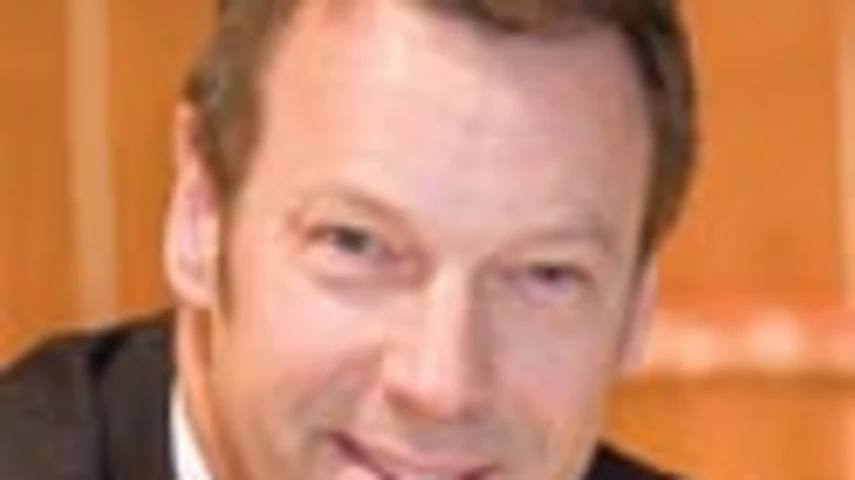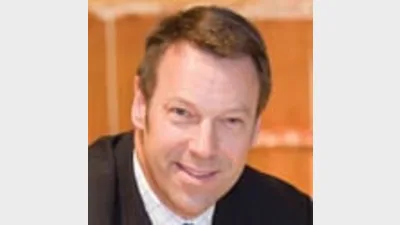Instos put spotlight on boutique 'independence'



So-called ‘unaligned’ boutique advisory groups claiming the high ground on independence is a furphy that ignores not only the facts but also places serious risk on investor capital, several of Australia’s largest institutions have warned.
A spokesman for ING Australia, Peter Hansen, said the issue of independence of advice was largely one of perception that had gained significant traction in the past 18 months.
“This is a challenge for us, but the reality is it’s just a perception,” he said.
“An advisory group that is either owned or part-owned by a larger institution has a far greater brand to protect [than a smaller boutique model]. Reputational issues are extremely important and there has obviously been a great deal of money spent building that brand and that reputation and no group is going to risk the reputation of that brand over product pushing,” Hansen added.
ING Australia, which has either a partial stake or controlling interest in some 1,700 advisory practices, is also able to offer services at a price that can’t be matched by smaller boutique practices.
“We can offer research facilities and technical analysis [and] up-to-date advice on tax issues at the very highest levels. All these services come with an associated cost that smaller groups can’t replicate. Consider all the changing regulations going on at the moment — there is a cost associated with keeping up to date with all these issues and again, scale matters," Hansen said.
Hansen was responding to a number of comments issued by boutique financial advisory groups suggesting only unaligned practices could boast true independence of advice. FIA Financial Planning principal Brett Handke said advisory groups owned by a bank would always be influenced to sell investment products sold by that bank, while Hewison & Associated director Andrew Hewison said the concentration of ownership across the financial services industry was eroding independent advice.
But ING's Hansen said this view was not consistent with the facts — “consider the approved products our aligned practices offer” — it also risked attracting funds away from the stability that large institutionally owned groups offered.
“Some of the largest collapses, like Storm, had nothing to do with institutions and when there are issues that put investor capital at risk, the client should know they have the backing of a large institution to support them.”
A spokesperson for AMP also said the question of independence was a non-issue for institutions. “We have some 600 investment products on our approved list and clearly they’re not all AMP.”
Recommended for you
The top five licensees are demonstrating a “strong recovery” from losses in the first half of the year, and the gap is narrowing between their respective adviser numbers.
With many advisers preparing to retire or sell up, business advisory firm Business Health believes advisers need to take a proactive approach to informing their clients of succession plans.
Retirement commentators have flagged that almost a third of Australians over 50 are unprepared for the longevity of retirement and are falling behind APAC peers in their preparations and advice engagement.
As private markets continue to garner investor interest, Netwealth’s series of private market reports have revealed how much advisers and wealth managers are allocating, as well as a growing attraction to evergreen funds.











